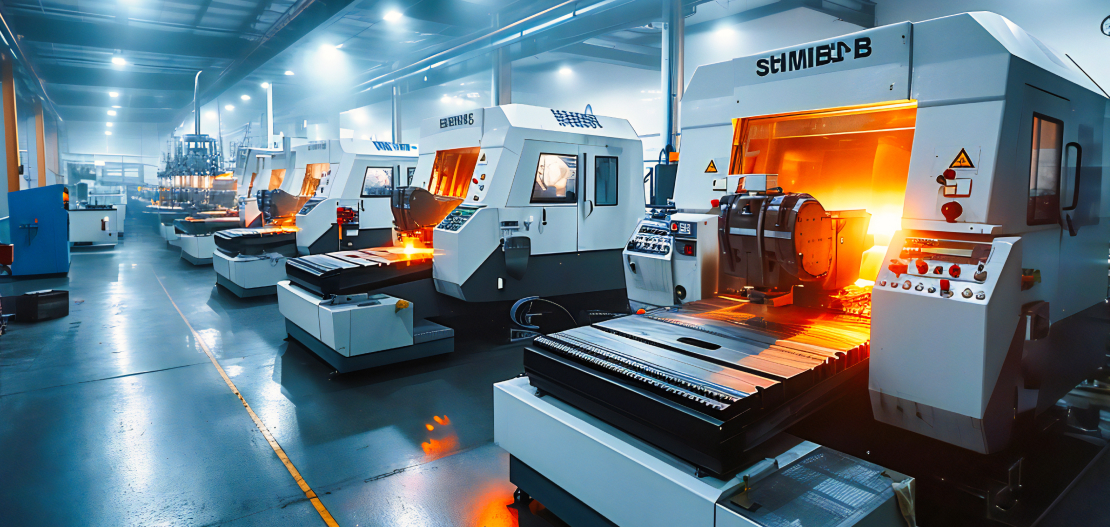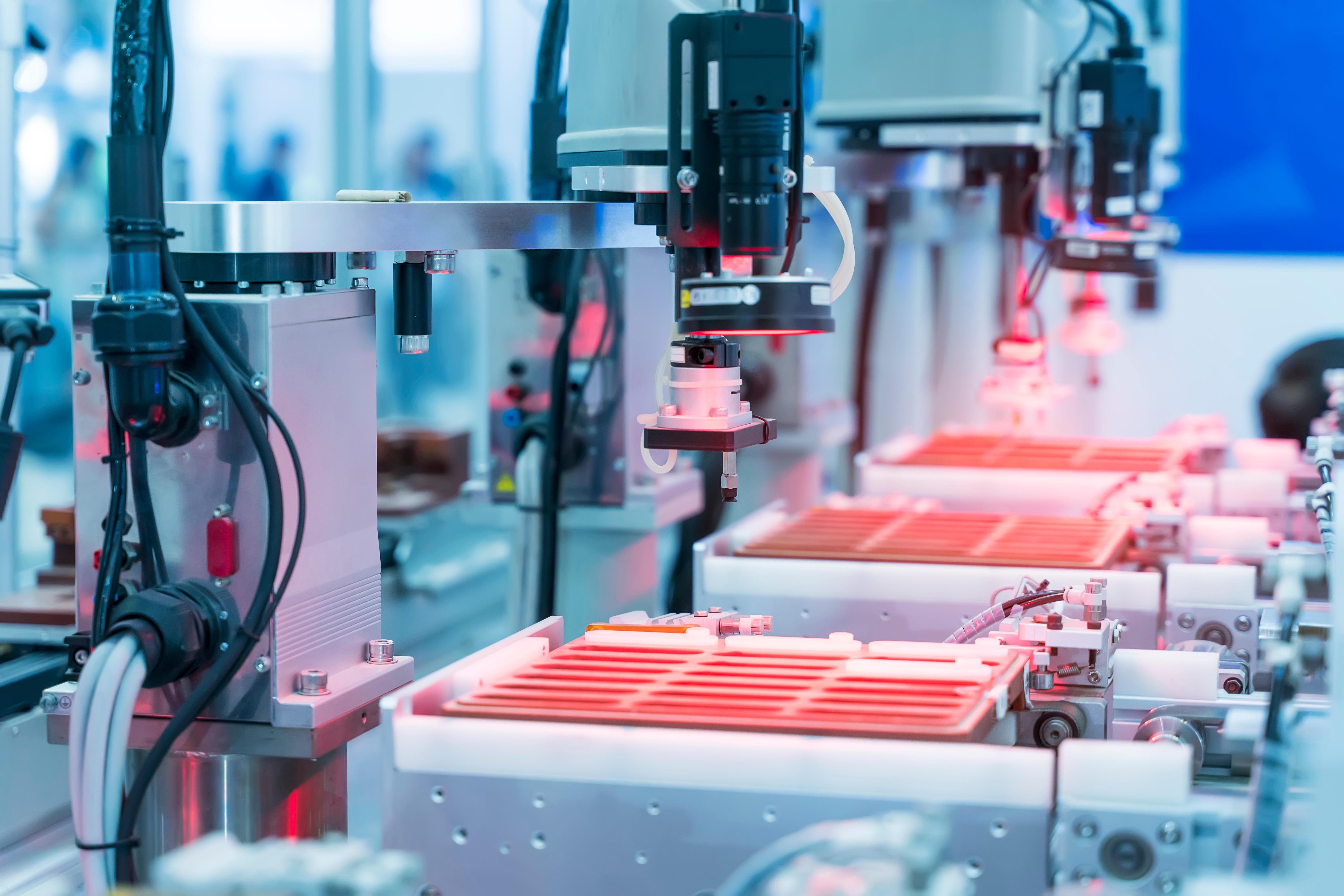While small production businesses may operate without specialized business automation systems or using basic tools, larger and more mature manufacturing enterprises generally cannot. As operations expand and complexities increase, the need for an advanced Enterprise Resource Planning (ERP) system becomes crucial.
In addition to the standard features typically found in ERP systems — which are necessary for ensuring uninterrupted production, material procurement, and order management — large companies often have extra requirements that must be taken into account when selecting an ERP system.
In this article, we will touch on some challenges of large-scale production and discuss which features should be considered when selecting an ERP solution for a mature production business.
Complexity of manufacturing processes
Often the complexity of manufacturing processes in mature production companies extends far beyond simple assembly and disassembly. Production cycles involve multiple, nested stages with various components being used at different points. Some of these components might be sourced as semi-finished products, while others are manufactured in-house from raw materials. This intricacy creates a sophisticated process that not all ERP systems are equipped to handle effectively.
Production scale management
In large-scale manufacturing, effective planning and management of operations across various production levels are essential. This encompasses enterprise-level activities, such as planning and consolidating product demand, as well as intershop coordination and individual shop management. Managing such operations typically involves overseeing multiple workshops, maintaining extensive equipment inventories, and coordinating a substantial workforce. The most effective IT solution would be one that not only fulfills the role of a traditional ERP system but also extends to cover MES (Manufacturing Execution System) functionalities.
Large assortment, product variants
Many manufacturers essentially produce the same products, only in different variants. For example, in shirt production, these variants could include color, size, and design elements. Considering the expansion of the product range, seasonality of collections, etc., the number of such lots continues to grow. Keeping track of such products in an IT system becomes very challenging if it lacks specific features for this, as it necessitates entering each lot as a new "product".
Equipment repair and maintenance
When production involves a significant amount of critically important equipment, tracking and scheduling its maintenance and repair become vital. These activities not only ensure equipment reliability but also significantly influence the overall production process. Consequently, it is crucial to integrate the maintenance and repair of production equipment seamlessly and automatically into the production planning process.
Advanced warehousingIn the context of manufacturing, it's essential to consider the stages before and after production — specifically, the storage of raw materials and finished products. An effective ERP system should be robust and adaptable, capable of managing inventory across multiple warehouses. It should allow for the creation of specific storage zones and bins, and facilitate easy navigation for employees during both the stocking and retrieval processes. This ensures efficient and error-free warehouse operations.
Budgeting and expense management
Effective expense management is crucial for the success of any production business. ERP systems enable businesses to meticulously control costs and assess actual company profitability. They facilitate the calculation of financial outcomes for specific business lines, estimate production lead times and order profitability, and manage manufacturing overheads, among other functionalities.
Budgeting is a critical component of any large-scale operation. Integrating budgeting functions into an ERP system consolidates business management into a single platform, enhancing efficiency and oversight. 1C:ERP offers robust budgeting tools suitable for strategic, tactical, or short-term planning. The flexibility to scale, along with the ability to customize budget forms and financial reports, are significant benefits of the budgeting subsystem, making it an invaluable asset for comprehensive financial management.
Flexible integration capabilities
Frequently, an ERP system serves as the central link connecting all systems involved in production and other organizational operations. To effectively fulfill this role, the ERP system must be highly flexible, facilitating a range of integrations with diverse software or logistics systems used in the company, incl. TMS, WMS, MES, CAD, DBMSs (MS SQL, PostgreSQL, DB2, Oracle, etc.), hardware or production equipment. The ability for shop floor employees to execute certain operations (e.g. production dispatch) via a mobile device would also be an advantage.
In conclusion
The multifaceted nature of manufacturing processes of large enterprises today demands more than just a traditional ERP system. From the complexities of managing nested production stages with various components to overseeing the details of inventory and warehousing, the challenges are extensive. Manufacturers are tasked with tracking vast arrays of product variants, maintaining critical equipment, and managing sprawling production facilities, controlling financial results at the same time. Each of these elements is crucial to maintaining efficiency and achieving operational excellence.
|
To effectively address these challenges, our most powerful 1C:ERP system integrates advanced functionalities and can adapt to the dynamic needs of large-scale manufacturing environments. 1C:ERP doesn’t only streamline operations but also ensures continuity and scalability of production. The system creates a seamless, integrated framework that supports all facets of manufacturing operations, ensuring that enterprises can thrive in the complex landscape of modern manufacturing.
|








